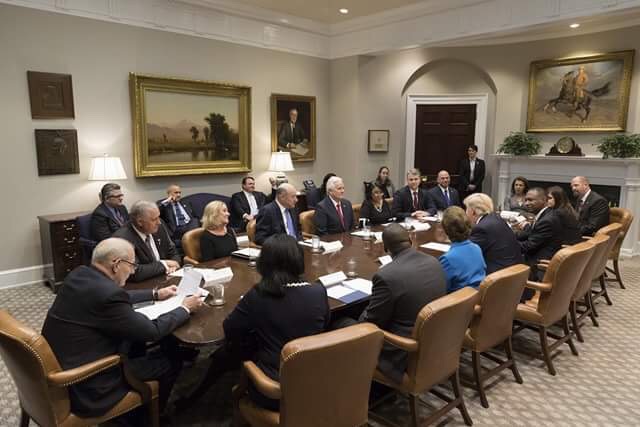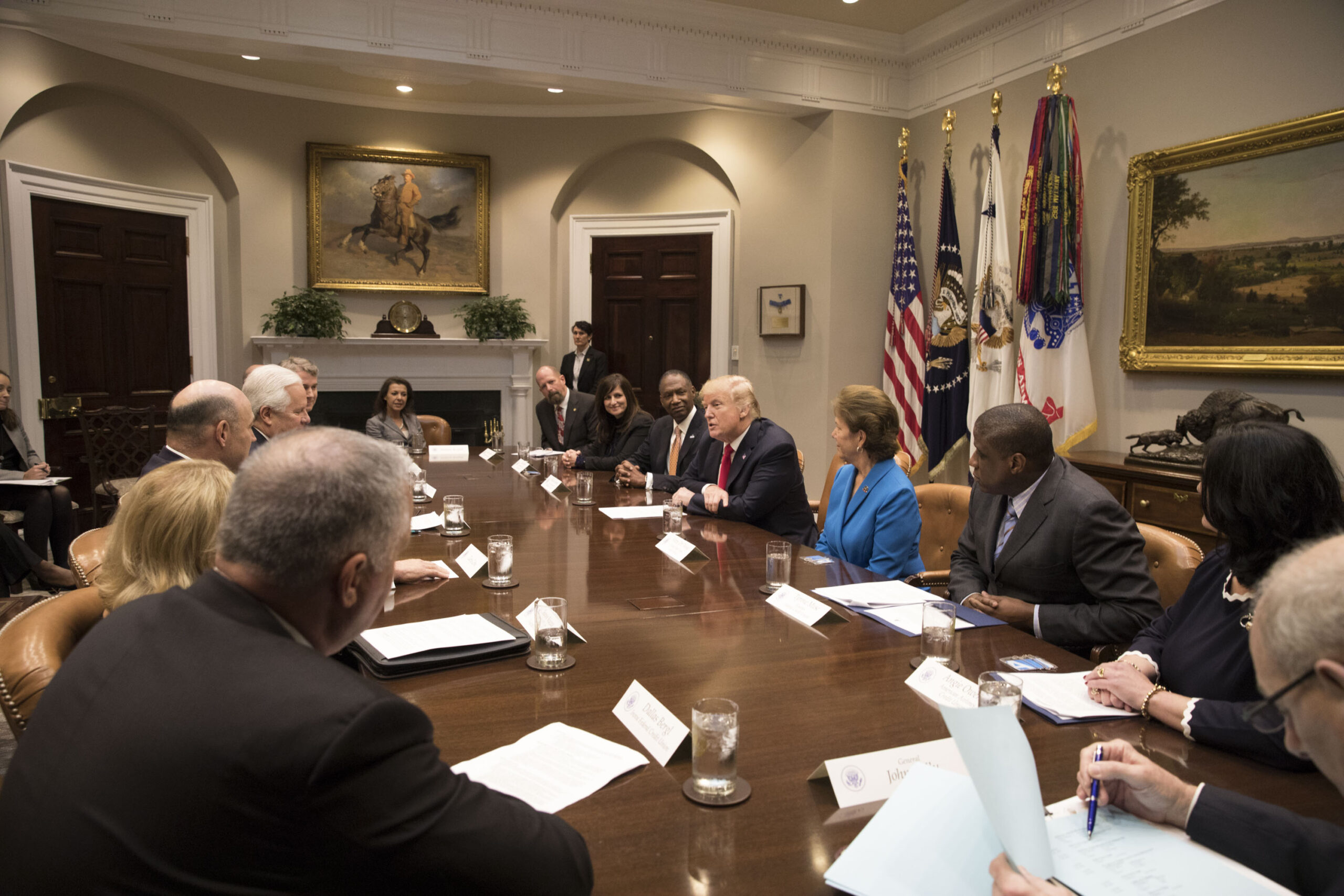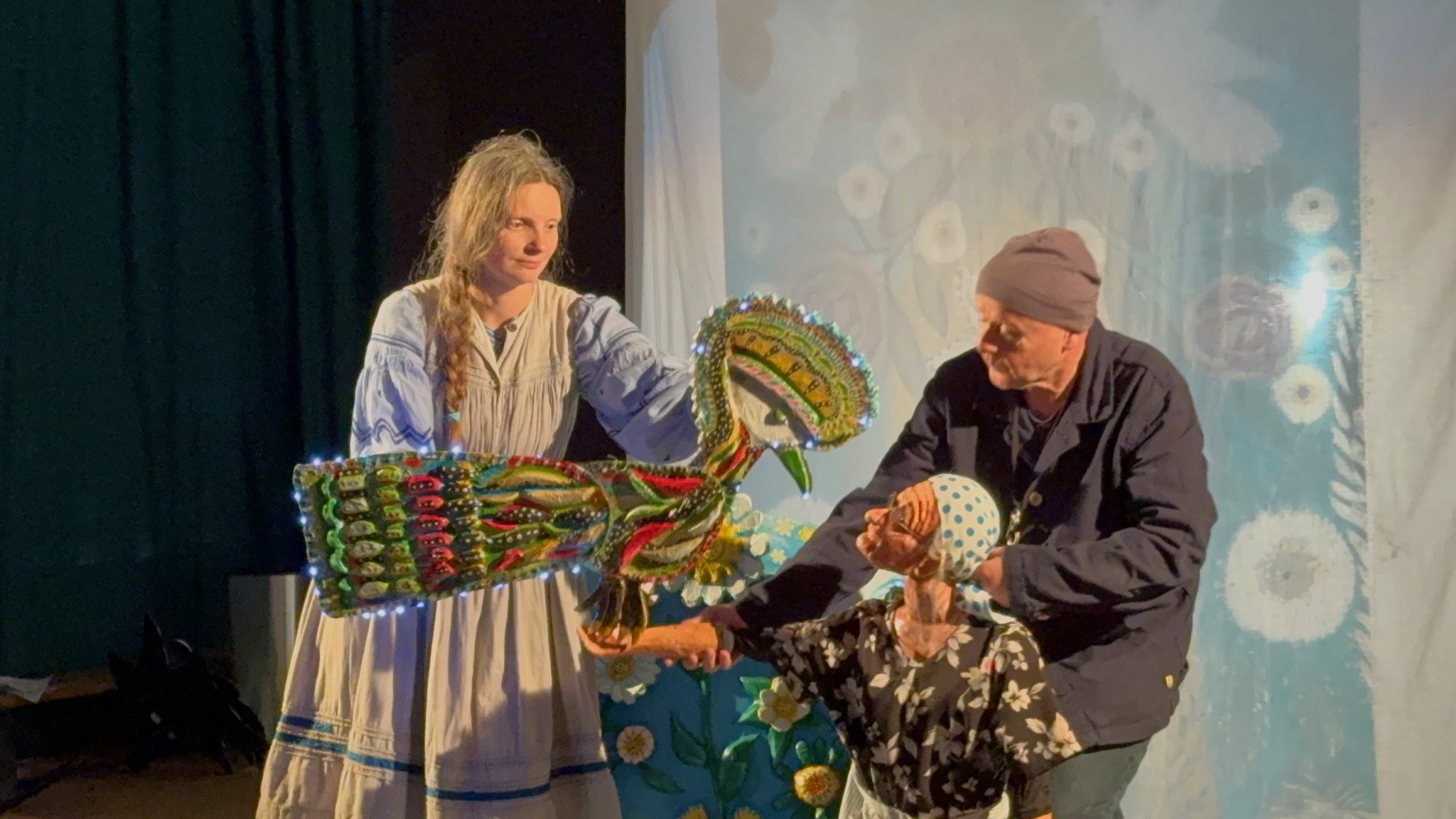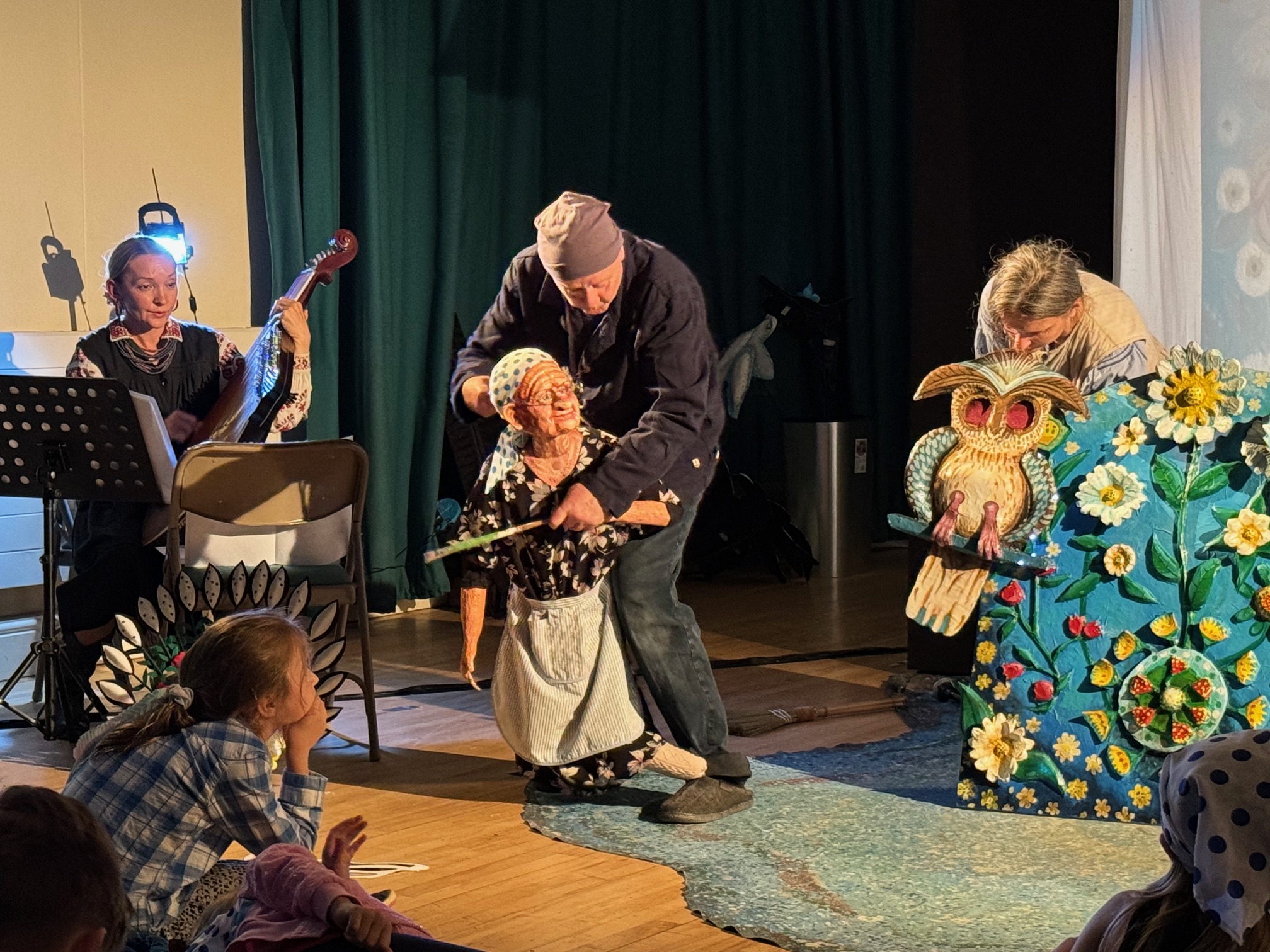What makes a community for most is finding groups and activities to which one can belong. From the initial days as a Brownie or cub scout, to the morning coffee conversations at a local café in retirement, finding social connection makes life worth living.
In my recent high school reunion, some classmates meet for coffee every morning around the old St Joe College fountain on the edge of town. Others volunteer at the library, the Historical Society or still attend church on Sundays. Being with others after raising families or a lifetime of work is vital to one’s well-being.
The Founding of the Welcome Wagon
In November 1957 the town of Rensselaer formalized the process of welcoming new residents in an inaugural meeting forming a Welcome Wagon Club. The monthly meetings were to greet the newest members in town and introduce them to some “pioneer” residents who could brief them on getting to know the city in a minimum of time.
The meeting was led by the club’s Hostess, Marietta Henry, a community leader who presented the newly formed organization’s purpose. Then several representatives described different aspects of the town. George Long (owner of Long’s Drug store) gave a history of the city’s past. Then Mayor Hanley talked about present-day Rensselaer. Rev. Charles W. Filson (my dad) welcomed the group on behalf of the city’s churches.
The sixty-three attendees, most wearing their Sunday best, were then photographed with all the names listed below the picture. In the foreground are welcome baskets filled with items from the town’s local merchants.
The Importance of Being Welcoming
In many ways Rensselaer was and is a stable community. Change does occur; however the economic farming base and land ownership does not lead to dramatic population turnover either in or out. Bringing in new residents is still key to maintaining a viable economic and diverse demographic social base.
The Welcome Wagon is a concept inspired by the Conestoga “welcome wagons” that provided food and water to travelers moving west. The concept was the basis for the organization founded in Memphis, Tennessee in 1928 by Thomas Briggs, Think of the Welcome (Wells Fargo) Wagon song from the Music Man which greeted Harold Hill’s band instrument delivery into town.
Small towns are more intimate than cities and suburbs. Everybody knows most everyone else, or if necessary, someone who does know them. Family history and connections will go back for three, even four generations. One of the organizers of our reunion, where we are all at or near 80, still visits her mother daily who is 102.
Local community groups and activities provide a grounding that can prepare one for life and importantly, opportunities beyond a small town. For it is the values, commitments, mentors and work ethic that will settle in and carry one into the bigger world beyond.
The learnings essential for life and a worldly welcome wherever one settles down are an enduring foundation for the graduates of small town America.




